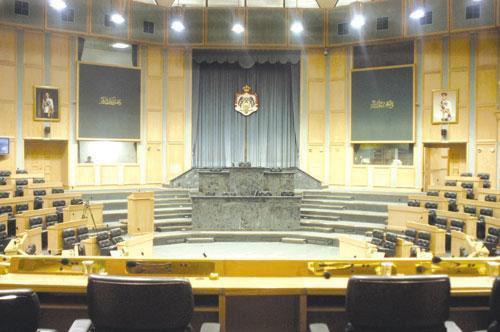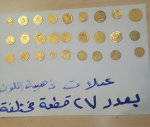You are here
Jordan drops in global female ministerial representation ranking — SIGI
By Rana Husseini - Jan 20,2021 - Last updated at Jan 20,2021

The 2020 parliamentary elections resulted in 15 women winning seats only through a designated women’s quota that was introduced for the first time in 2003 (JT file photo)
AMMAN — The Kingdom’s female ministerial ranking has dropped dramatically by the end of 2019, a local women’s organisation said.
Solidarity Is Global Institute (SIGI) said in a statement that Jordan’s female ministerial representation’s ranking in the Arab world dropped six places since 2018 to reach 10th place.
Meanwhile, the Kingdom is now ranked 127th globally, dropping 32 places. In 2018, the country was ranked 95th worldwide, according to a SIGI statement.
“This decline demonstrates a lack of sustainable governmental policy in promoting women’s political participation since their appointments in ministerial formations are sometimes high and sometimes low in other governments,” the statement said.
The United Nations Body on Gender Equality and Women's Empowerment and the Inter-Parliamentary Union (IPU) has recently released the 2020 Women's Political Participation Map in the World, which reflected the global status quo until January 1, 2020, read the statement.
The map stated that 1,451 ministerial portfolios in 190 countries were managed by women, and 12 women served as heads of governments out of 193, according to the statement.
The SIGI statement also referred to the decline in women’s representation in the Lower House of Parliament by 11.5 per cent.
The 2020 parliamentary elections resulted in 15 women winning seats only through a designated women’s quota that was introduced for the first time in 2003.
During the 2016 parliamentary elections, five women won seats in direct competition outside the 15-seat women’s quota.
The SIGI statement pointed to the low number of designated seats, stressing the need to increase the number to 23 seats or a minimum of 30 per cent female representation in the Lower House in future elections.
Before 2003, when the six-seat quota was introduced and later increased to 15 seats, only one woman, Toujan Faisal, managed to win a seat in direct competition.
Related Articles
AMMAN — By the end of 2019, Jordan ranked 10th in the Arab world and 127th in the world in the field of female ministerial representation, c
AMMAN — Women’s rights activists said that the year 2020 witnessed “a regression” of their rights on all fronts.However, activists pointed o
AMMAN — The women’s quota in the governorate councils, to be elected and appointed under the Decentralisation Law, stands at 12.9 per cent o

















